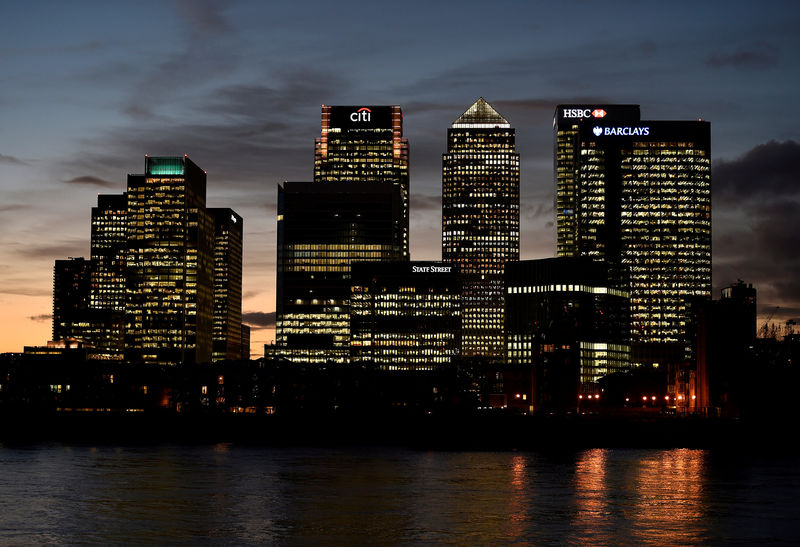By Tom Miles
GENEVA (Reuters) - Failure to strike a trade deal with the European Union by a two-year deadline would force Britain to adopt World Trade Organization arrangements, bringing with it a host of new negotiations and complications.
In a nutshell, Britain would have to treat everyone the same, whether it wanted to or not, from Russian exporters to Brazilian lawyers and U.S. advertising firms. And that includes its former colleagues, suppliers and clients in the EU.
The British government sees the WTO as a default fall-back position if it cannot forge a new deal with the EU that would allow business ties to continue. But time is short, the negotiations are complex, and Prime Minister Theresa May has said no deal would be better than a bad deal.
Adopting WTO rules, however, would open a whole new range of complexities.
For one thing, countries now at a relative distance like China, Russia and India would suddenly be able to take legal action -- with a threat of sanctions -- should Britain allow some of its firms to keep trading with the EU as they have been.
There would be a legal free-for-all, although the open skies deals underlying aviation between Britain and the continent would have vanished, while the lawyers trying to sort it out might encounter unaccustomed restrictions on their right to work seamlessly across the European continent.
The prime reason is that without a new EU trade deal, Britain would not be allowed to be more open to the EU than it is to other World Trade Organization members.
The WTO's "most favoured nation" principle means offering the same deal to all comers, not only in terms of tariffs on imported goods but also in cross-border services such as insurance, telecoms, engineering and transport.
"The UK would need to treat everybody the same," said Ingo Borchert, an economist at Sussex University's UK Trade Policy Observatory.
Only a new WTO-approved trade deal would remove the requirement for "most favoured nation".
"If they don’t get the deal then the UK is free to implement its trade policy. Whatever that is, it could be very restricted or it could be very liberal, but whatever it is, it would need to be extended in the same way to French and American and Indian firms."
The British -- or at least the Brexiters among them -- are bullish about getting a deal.
"As it happens we would be perfectly okay if we weren't able to get an agreement but I'm sure that we will," Foreign Minister Boris Johnson told Britain's ITV (LON:ITV) earlier this month.
And the government says it has no intention of not getting an EU deal.
"We have been clear that we will pursue a bold and ambitious trade agreement with the European Union -- giving British companies the maximum freedom to trade with and operate within European markets, and letting European businesses do the same in Britain," a government spokeswoman said.
But many trade experts think the challenge of getting unanimity between the Britain and the other 27 members means "no deal" is the most likely outcome -- especially as the Europeans want to first conclude discussions on Britain's leaving terms before they even get around to negotiating future arrangements.
“We are definitely heading towards the WTO option,” Richard Baldwin, professor of international economics at Geneva's Graduate Institute and an expert on trade agreements, told an audience of academics and trade diplomats last week in Geneva.
BOLD AND AMBITIOUS
Britain's post-Brexit WTO membership terms have yet to be finalised because it has to agree its own "schedules", a process that may require negotiations all its out outside of the Brexit ones.
A one-size-fits-all global trade policy would be much less open than the terms of trade Britain now has within the EU -- comprising around 44 percent of British exports.
"No agreement means there would be no legal basis for continued preferential treatment among us," said David Hartridge, senior WTO counsellor at White & Case and a former head of the WTO's services division.
Meanwhile, some of the biggest potential shocks are in sectors that have no WTO safety net, such as aviation where Britain would have to fall back to its old pre-EU bilateral air service agreements.
The WTO change would also not only affect Britain's trade with the EU, but also all the countries with which the EU has agreements on trade in services, such as South Korea, Mexico and Chile.
Britain could continue to recognise certain EU qualifications and licences, but it would also have to recognise equivalent standards of other WTO members.

($1 = 0.8047 pounds)